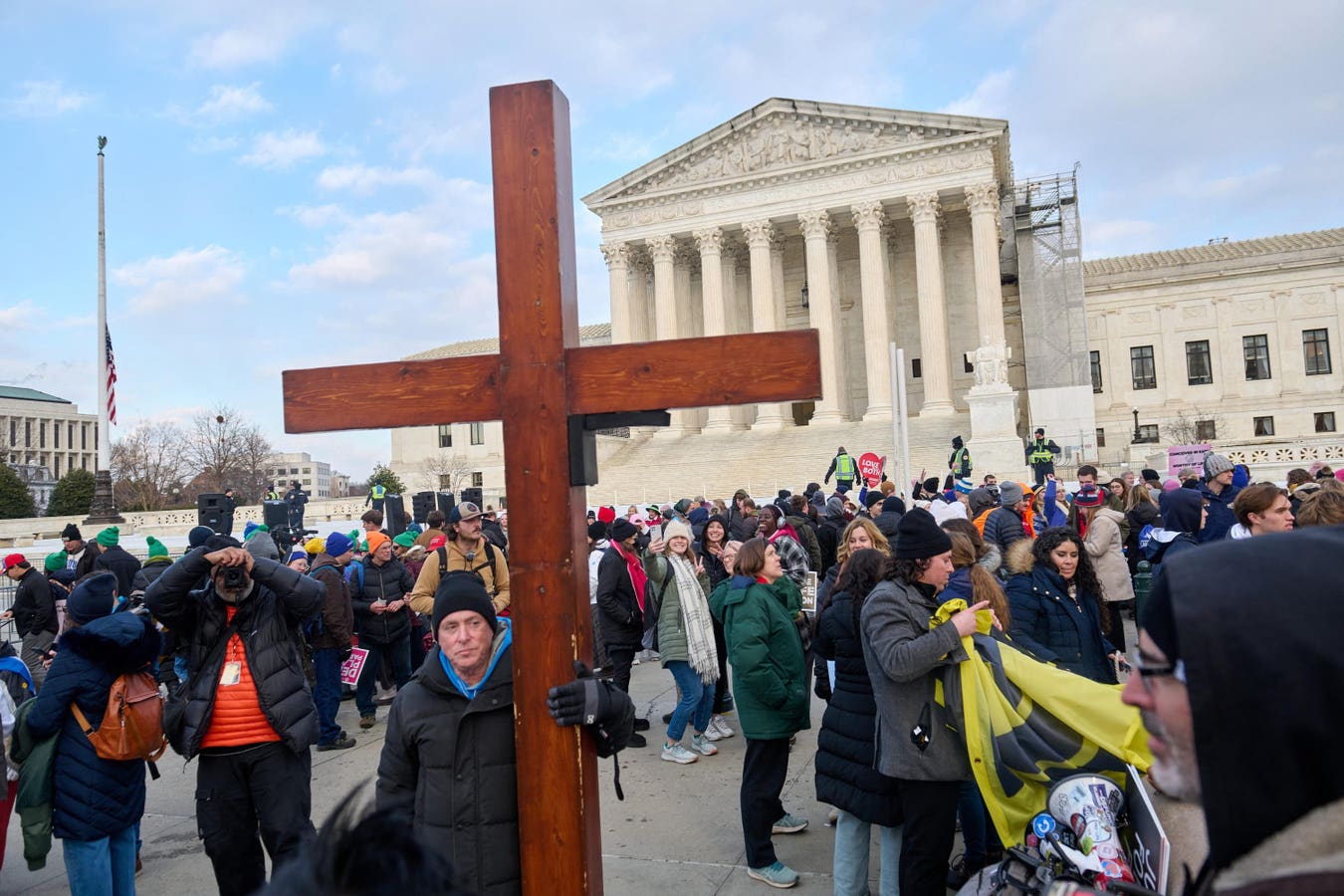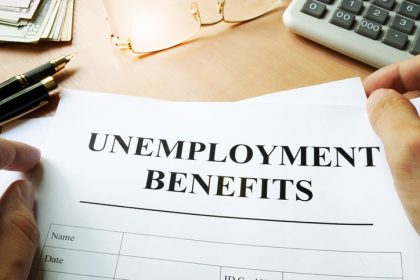Topline
The Supreme Court expanded when religious organizations can qualify for tax exemptions as it ruled Thursday in favor of a charity in Wisconsin—potentially setting off a slew of organizations seeking new exemptions, which critics warn could harm federal and state tax revenues.
Key Facts
The Supreme Court ruled unanimously in favor of Catholic Charities, a social charity that’s part of Roman Catholic dioceses in Wisconsin, as it sued the state over being excluded from a tax exemption for religious groups.
Catholic Charities asked the state to be exempted from the its unemployment tax under the carveout for religious groups, but the state denied the request because the group’s actual activities—providing services to people of all faiths who have disabilities—are not religious.
The Wisconsin Supreme Court ruled in the state’s favor against the organization being granted the exemption, but Catholic Charities argued to the Supreme Court that being denied the exemption violated the First Amendment’s prohibition on the government interfering with the free exercise of religion, claiming Wisconsin is trying to “pick and choose among religious groups.”
Justice Sonia Sotomayor wrote for the court that the First Amendment requires governments to be neutral on religion, and while the Wisconsin Supreme Court ruled Catholic Charities couldn’t get a tax exemption because its work was too secular in nature, that decision in itself constituted religious discrimination, because the court was making a “theological” choice “driven by religious doctrine.”
Sotomayor also took issue with how the Wisconsin government applied the law on tax exemptions, noting the government allows exemptions when secular charity work is performed directly by a church, rather than a church-affiliated nonprofit.
The court’s ruling could clear the way for other organizations to now seek tax exemptions, such as Catholic hospitals, which the International Municipal Lawyers Association warned could create a “snowballing loss of revenue” for state and local governments.
Crucial Quote
“It is fundamental to our constitutional order that the government maintain ‘neutrality between religion and religion,’” Sotomayor wrote in her opinion for the court. “There may be hard calls to make in policing that rule, but this is not one.”
What To Watch For
The Supreme Court overturned the Wisconsin Supreme Court’s decision but didn’t explicitly rule that Catholic Charities can be granted the tax exemption, so it will now be up to the lower courts to rule on the organization’s fate, using the high court’s ruling as guidance. Thursday’s ruling could prompt more organizations to now seek tax exemptions due to religious affiliations, with the Freedom from Religion Foundation arguing in a brief prior to the court’s ruling that doing so could have “a profound, detrimental impact on employees at every religiously-affiliated nonprofit, who are meant to be protected by government regulations similar to Wisconsin’s unemployment insurance program.” The biggest impact would likely be at hospitals with religious affiliations, which the Freedom from Religion Foundation notes make up six of the 10 largest health systems in the country. The International Municipal Lawyers Association argued to the court that if a deluge of organizations now start claiming religious affiliations in order to get tax exemptions, that could seriously hurt government revenue—and possibly lead to officials choosing to end exemptions for religious groups altogether, if the losses become too overwhelming.
Tangent
While it wasn’t a party in the case, the Trump administration filed a brief urging the court to rule in favor of Catholic Charities being granted the tax exemption. The federal government claimed the Wisconsin Supreme Court’s ruling was based on a “misunderstanding” of the law, and the exemption applies for any organization that conducts its activities “primarily for sincere religious motivations,” even if the activities it conducts aren’t directly religious acts like proselytizing. The Trump administration also suggested it has an interest in the case because any ruling could also affect federal rules on tax exemptions for religious groups, noting the language of Wisconsin’s law “mirrors” the Federal Unemployment Tax Act.
Key Background
The Supreme Court’s ruling is the latest in a string of decisions the high court has made regarding religious liberty, which have typically come out in favor of broadening parties’ religious rights. The 6-3 conservative court has ruled in recent terms to rule in favor of letting religious adoption agencies refuse to work with same-sex couples, a high school football coach who prayed on the field, a Christian group who wanted to fly a flag at Boston City Hall, a web designer who wanted to deny services to same-sex couples and that a state-funded school voucher program in Maine can be used to pay for religious school tuition, among other cases. Justices did issue a notable ruling in May against a proposed religious charter school in Oklahoma, splitting 4-4, which meant the lower court’s ruling against the school will stay in place. The court could still take up other cases in the future on religious charter schools, however.
This story is breaking and will be updated.
Further Reading
Read the full article here
















